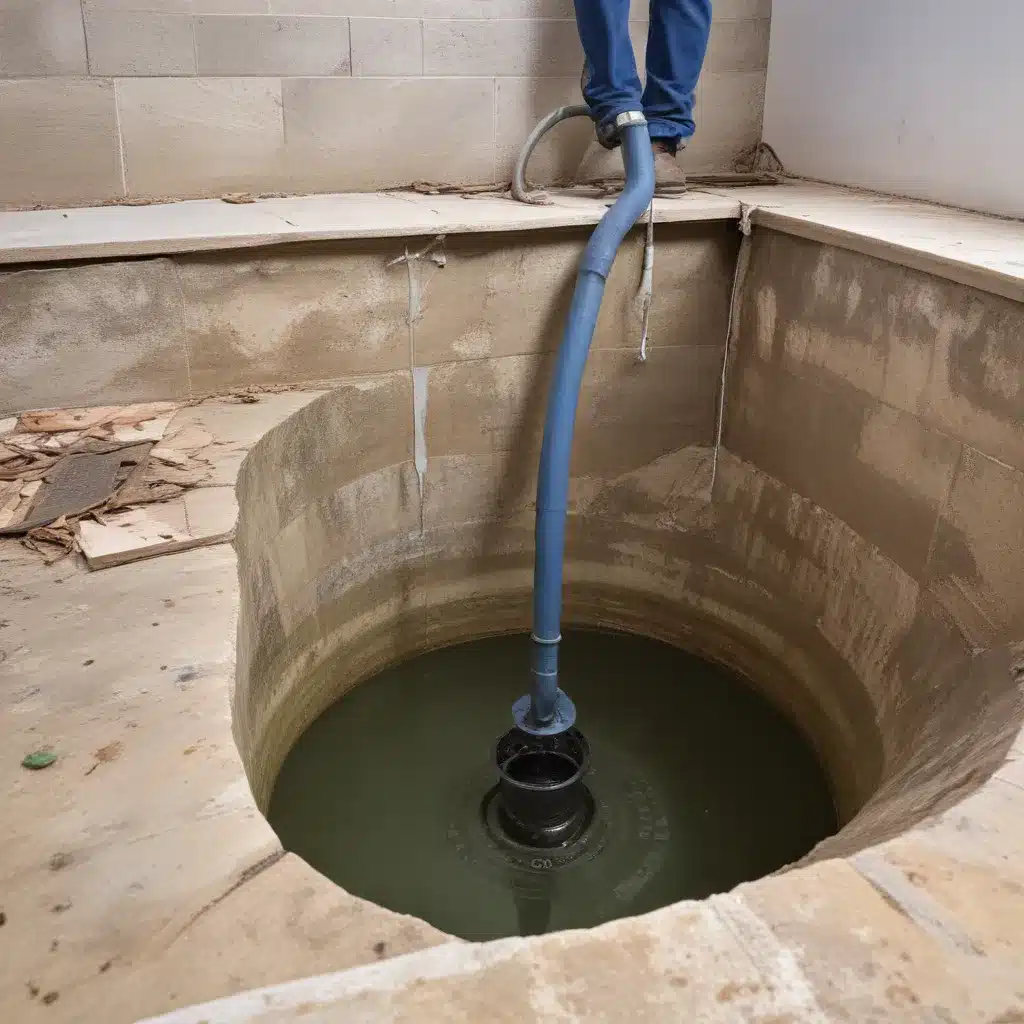
Clogged drains are a common household nuisance that can quickly escalate into a significant plumbing problem if left unattended. Traditional drain cleaning methods often rely on harsh chemical solutions that can damage pipes over time and pose risks to both homeowners and the environment. However, there’s an increasingly popular solution that prioritizes sustainability and long-term drain health – eco-friendly drain unclogging techniques.
Drain Unclogging Techniques
When faced with a blocked drain, homeowners typically have two primary options: mechanical drain clearing and chemical drain cleaners. Each approach has its own advantages and considerations.
Mechanical Drain Clearing
Plungers and Drain Snakes
The classic plunger is a reliable tool for quickly clearing minor clogs by creating suction to dislodge and remove trapped debris. Drain snakes, also known as augers, are long, flexible tools that can be manually or electrically operated to physically break up and extract more stubborn blockages. These mechanical methods are generally considered safe for pipes, as they avoid the use of harsh chemicals.
High-Pressure Water Jetting
For more challenging clogs, professional plumbers may employ high-pressure water jetting, a technique that uses powerful water jets to scour the interior of pipes and flush out accumulated buildup. This method is highly effective at clearing persistent blockages without the need for abrasive chemical treatments.
Chemical Drain Cleaners
Enzyme-Based Cleaners
Enzyme-based drain cleaners contain natural microorganisms that gradually break down organic matter, such as food particles, hair, and soap scum, that can clog drains. These “green” alternatives are typically less corrosive than their chemical counterparts, making them a more environmentally friendly choice.
Acidic and Alkaline Cleaners
Conventional chemical drain cleaners often contain strong acids or bases, such as sulfuric acid or sodium hydroxide, which quickly dissolve and clear clogged materials. While effective in the short term, repeated use of these harsh cleaners can deteriorate pipes over time, leading to costly repairs down the line.
Sustainable Drain Maintenance
Implementing proactive maintenance habits can help prevent drain clogs and reduce the need for intensive cleaning methods, whether mechanical or chemical.
Preventative Measures
Regular Inspections
Regularly inspecting your drains for early signs of slowing or buildup can help you address minor issues before they escalate into major blockages. This simple step can save you time, money, and the hassle of dealing with a full-blown clogged drain.
Proper Waste Disposal
One of the leading causes of drain clogs is the accumulation of fats, oils, and food particles flushed down the sink. Avoid using your drains as a disposal for these types of materials, and instead, collect them in the trash or compost them, if possible.
Eco-Friendly Alternatives
Baking Soda and Vinegar
A simple, time-tested DIY solution for clearing mild clogs is the combination of baking soda and white vinegar. The chemical reaction between these two common household items can help break down organic matter and flush it out of the drain.
Natural Enzymatic Cleaners
For a more advanced eco-friendly approach, consider investing in natural enzymatic drain cleaners. These products contain specialized bacteria or enzymes that actively consume and break down the organic materials causing the clog, without the harsh chemicals found in conventional cleaners.
Effective Clog Removal
When faced with a stubborn clog, it’s important to accurately identify the root cause to ensure the most effective and efficient unclogging solution.
Identifying Clog Origins
Hair and Soap Scum
Bathrooms are a common culprit for clogs, as hair and soap scum can accumulate over time and form dense blockages. These types of clogs often respond well to enzyme-based cleaners or mechanical clearing methods.
Food and Grease Buildup
In the kitchen, clogs are frequently caused by the gradual accumulation of food particles, cooking grease, and other organic matter flushed down the drain. These clogs may require more aggressive treatment, such as high-pressure water jetting or the use of caustic chemical cleaners as a last resort.
Clearing Stubborn Clogs
Hydro-Jetting Techniques
For particularly stubborn clogs that resist other methods, professional plumbers may employ hydro-jetting, a technique that uses high-pressure water jets to scour the interior of pipes and dislodge even the most persistent blockages.
Drain Camera Inspection
In some cases, a thorough visual inspection of the drain may be necessary to identify the root cause of a clog. Plumbers can use specialized drain cameras to inspect the internal condition of pipes and locate the exact source of the blockage, allowing for a more targeted and effective unclogging solution.
Long-Term Drain Health
Maintaining the long-term health of your home’s plumbing system is essential, and considerations around the material and condition of your pipes play a crucial role.
Pipe Material Considerations
PVC and Metal Pipes
Modern plumbing systems often feature polyvinyl chloride (PVC) or metal pipes, such as copper or galvanized steel. Each material has its own unique properties and lifespan, which can impact the effectiveness of drain cleaning methods and the overall longevity of the system.
Corrosion Resistance
Some pipe materials, like PVC, are inherently more resistant to corrosion and the damaging effects of harsh chemical cleaners compared to metal pipes. Choosing the right pipe material for your home can help ensure the long-term viability of your plumbing and minimize the need for intensive drain cleaning.
Routine Maintenance Habits
Scheduled Drain Cleaning
Regularly scheduling professional drain cleaning services, even in the absence of noticeable clogs, can help maintain the overall health and performance of your home’s plumbing system. These preventative measures can extend the lifespan of pipes and reduce the risk of costly repairs down the line.
Proper Ventilation
Ensuring adequate ventilation in your home’s plumbing system is also crucial for maintaining long-term drain health. Proper airflow helps to prevent the buildup of foul odors and the formation of harmful gases that can contribute to clogging and pipe corrosion.
By adopting a proactive and sustainable approach to drain maintenance, homeowners can effectively address clogging issues while minimizing the environmental impact and safeguarding the long-term integrity of their plumbing systems. For more information on eco-friendly plumbing solutions, visit abc-home.co.uk/plumbing-electrical/.
















